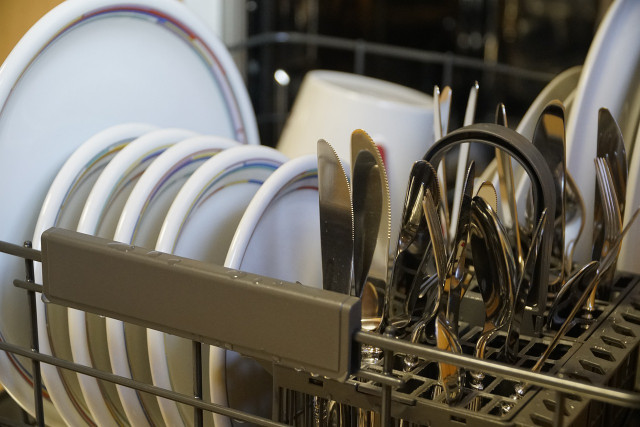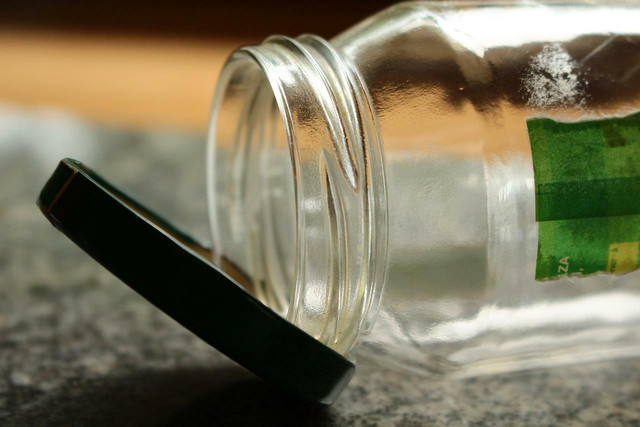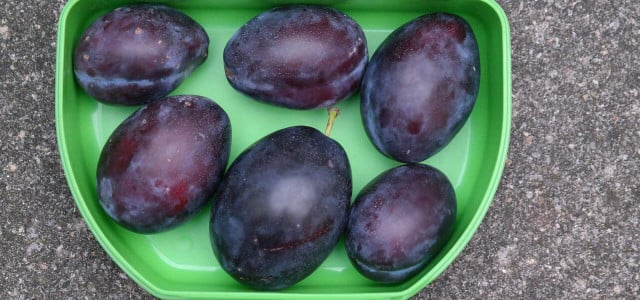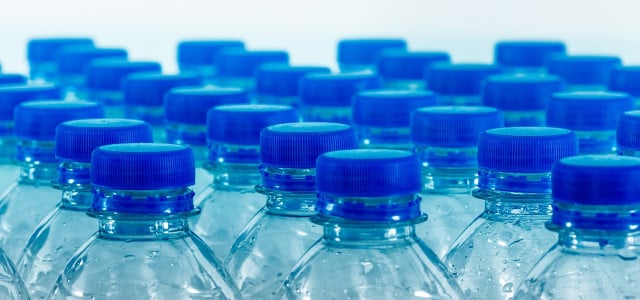Reusable plastic food containers help us store leftovers and reduce food waste, and they are great for lunch on-the-go. But is Tupperware dishwasher safe? Read on to find out.
So much in the world of plastics has changed since the first Tupperware entered our kitchens, which makes information about food-storage safety somewhat mystifying. Sometimes it can be difficult to tell if your Tupperware is dishwasher safe. In this article, we will deep dive into the dishwasher safety of Tupperware and answer a few other questions about food storage containers. By the end, you should hopefully know all there is about deciphering the hieroglyphs on the bottom of your plastic boxes, and how to properly care for them.
Yes, Tupperware Is Dishwasher Safe

(Foto: CC0 / Pixabay / jhenning)
As long as you purchased your Tupperware after 1979, your Tupperware should be dishwasher safe. In fact, most Tupperware will say “dishwasher safe”, or there will be a symbol to let you know. This symbol looks like a square box with some plates or glasses inside it with some lines or dots that represent water.
If yours does not explicitly say, then wash them by hand or on the top rack where they’re less likely to get dislodged and fall into the heating element where high heat levels can cause the plastic to warp.
To be extra safe, see if you can control the temperature of your washing machine to help prevent warping. Turning the heat down is also better for the environment in general as it means using less electricity.
Are other brands dishwasher safe? Even though ‘Tupperware’ has become the generic name for a plastic food container, it is only one brand among many who specialize in this product. Other brands include Rubbermaid, Snapware, and Lock&Lock. All of these brands have similar yet distinct styles and innovations, but on the whole, they are all dishwasher safe.
You should still look at the bottom of each plastic food container to know exactly what the recommended care instructions are. Treating your possessions in accordance with the prescribed care can help prolong the longevity of these pieces.
Does Tupperware Contain BPA?



(Foto: CC0 / Pixabay / sam8927)
BPA stands for Bisphenol A, a chemical primarily used in the production of epoxy resins and polycarbonate plastics. While there are varying opinions about the safety of BPA between health organizations, researchers as well as governmental agencies, the general opinion is that it is potentially harmful to human beings.
For instance, BPA is possibly toxic to the development of the nervous system. Some preliminary studies even claim that BPA is linked to reproductive disorders and breast cancer.
Plastics are still the favorite method of food and beverage storage, but unfortunately they are also a major source of BPA. The Tupperware brand states that as of March 2010 it has not sold any products containing BPA. However, this statement implies that products manufactured before 2010 may contain the chemical.
To identify if any of the Tupperware in your home contains BPA, looking for the following identifying characteristics of BPA can be useful:
- It is easy to see through the product.
- Containers labeled “microwave-safe” or “unbreakable”.
- It has the Resin Identification Code number 7 on the bottom, a number 7 in the center of a triangular symbol reminiscent of the recycling symbol.
- There is no Resin Identification Code, or recycling number, on it at all.
Containers that say “hand-wash only” on them may also be BPA-free.
Tupperware products that contain BPA are not safe to use for purposes of storing or microwaving food. There are some containers that are marketed as safe for microwave use, but this really only means they won’t melt in a microwave. Heating food in plastic increases the danger of a chemical reaction happening, causing harmful material in your container to leach into your food.
To be 100 percent safe, you can switch to using glass for different purposes in your kitchen. Glass does not leach any harmful substances, it is dishwasher and microwave safe, and it does not stain or wear out. For more tips on how to go plastic-free, follow our guide on Life Without Plastic: Easy Tips for Everyone.
However, there is no need to dispose of any old containers you suspect of containing BPA. These containers can serve other useful purposes in your home besides keeping your leftovers.
Read more:
- Tap Water vs. Bottled Water: Is Tap Water Safe To Drink?
- How to Unclog Your Dishwasher: A Step-by-Step Guide
- Closed-Loop Recycling: How It Works
Do you like this post?







